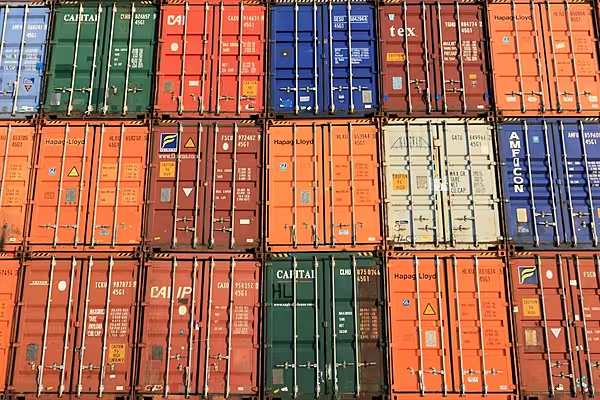Freight going through the Suez Canal has dropped by 45% in the two months since attacks by Yemen's Houthis led shipping groups to divert freight.
The news comes from the UN agency, United Nations Conference on Trade and Development (UNCTAD), which says that these diversion are disrupting already strained maritime trading.
UNCTAD, which supports developing countries in global trade, warned of risks of higher inflation, uncertainty of food security, and increased greenhouse gas emissions.
‘Very Concerned’
The agency said that 39% fewer ships than at the start of December transited the canal, leading to a 45% decline in freight tonnage.
UNCTAD's head of trade logistics, Jan Hoffmann, said that three key global trade routes were now disrupted.
He cited flows of grain and oils since Russia's invasion of Ukraine, and the Panama Canal, where low water levels from drought meant shipping last month was down by 36% year-on-year and by 62% from two years ago.
"We are very concerned," he told a briefing late on Thursday. "We are seeing delays, higher costs, higher greenhouse gas emissions."
The Impact
The Suez Canal handles 12% to 15% of global trade and 25% to 30% of container traffic.
Container shipments through the canal were down by 82% in the week to 19 January from early December, while for liquified natural gas (LNG), the decline was even greater.
The drop-off for dry bulk was smaller and crude oil tanker traffic was very slightly higher.
Hoffmann said food prices could feel the impact, adding that about half of the increases seen since the war in Ukraine were due to higher transport costs, although end-consumers in developed countries may take some time to see an effect.
The report comes after the Institute of Grocery Distribution (IGD) forecast a rise in food inflation throughout 2024.
"Passing on these higher freight rates to consumers takes time, up to a year until ... we would really see them in the shop,” Hoffman said.









